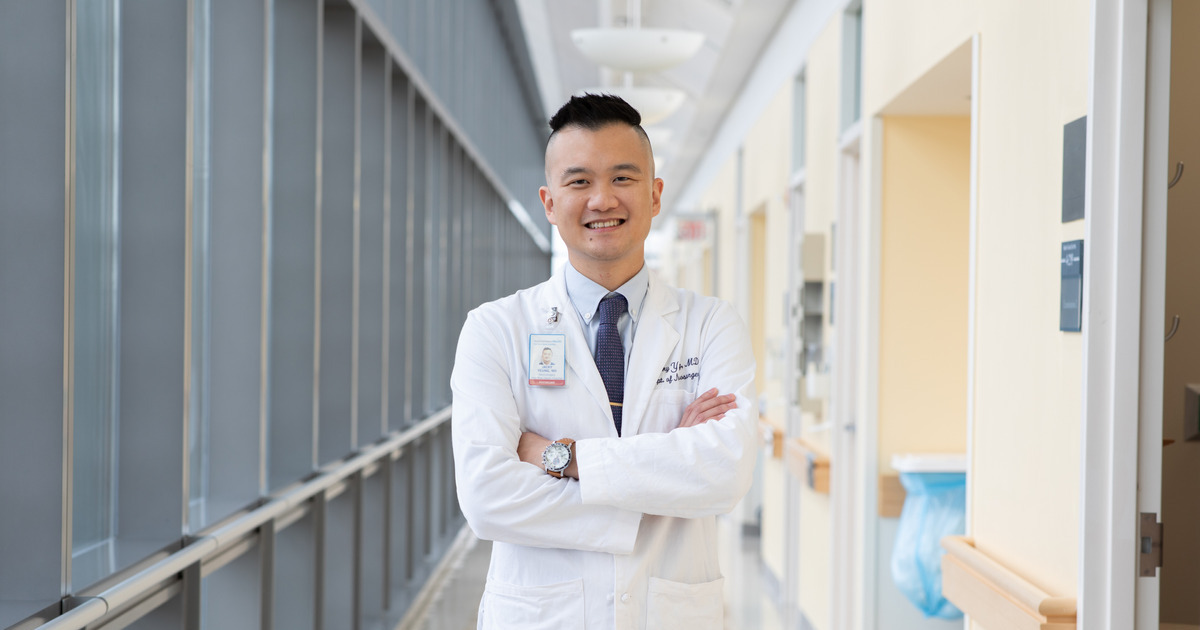The Center for Robotic and Minimally Invasive Neurosurgery at Lawrence + Memorial Hospital performs hundreds of procedures each year to help patients with disorders of, or injuries to, the brain, spinal cord and the peripheral nerves.
Using the most proven advances in the field, L+M’s team of board-certified surgeons provide the best neurosurgical care in eastern Connecticut, offering patients a level care expected at larger medical centers but available at their local community hospital.
The L+M neurosurgery team also works closely with the Pain Clinic to provide ongoing management of chronic conditions that may need follow-up after surgery or for conditions that do not require surgery.
Some of the more common conditions of the spine that can be treated by L+M neurosurgeons include spinal stenosis, arthritis, herniated discs, degenerative disc disease, spinal fractures, compression fractures and spinal tumors.
Brain conditions commonly treated at L+M include head injuries, blood clots, trauma and benign and malignant brain tumors.
Disorders of the peripheral nerves treated at L+M include carpal tunnel syndrome, ulnar neuropathy, peroneal neuropathy and others.





